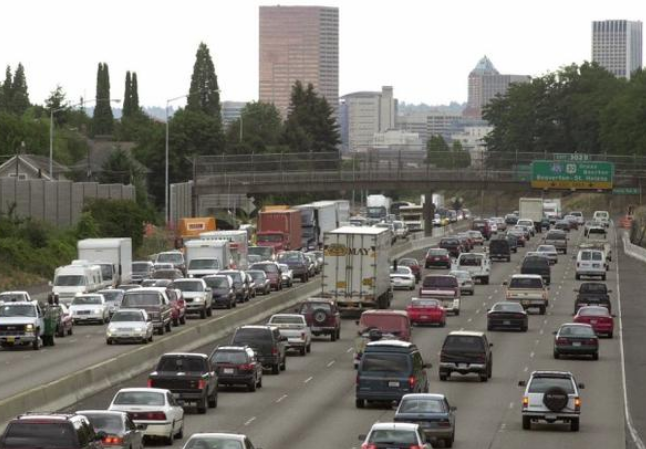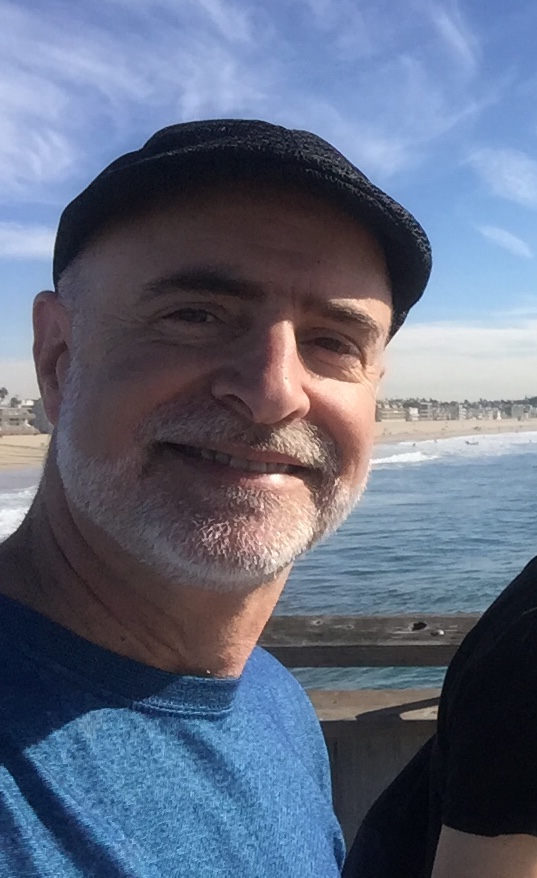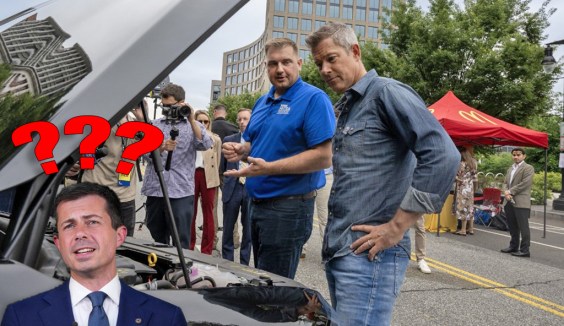Sponsored post: The Transportation Research Board’s 99th Annual Meeting will be held in Washington, D.C. from Jan. 12-16, 2020. Click here for more information.
Portland — a city known for its environmentalism, urban planning, public transportation, public involvement, and progressive politicians — is about to go backward by widening a noxious freeway, Interstate 5, through the city’s Rose Quarter.
“Climate” Governor Kate Brown, Mayor Ted Wheeler, and Metro President Lynn Peterson are claiming concern but standing down as the Oregon Department of Transportation jams through billions of dollars of freeway-widening projects — with specious claims that it’s good for the climate and has no effect on transportation equity. These projects will result — as all highway expansions do — in more vehicle miles traveled, more greenhouse-gas emissions, more deaths, and less walking, biking, and transit use, while worsening social equity — exactly the opposite of what Oregon needs in this time of climate crisis.
The state should be honest about the effects of these projects, reverse course, cancel the I-5 expansion and related projects now, and redirect the money to projects that work.
From my 20 years as a professional transportation planner, I know that departments of transportation still promote white flight and discrimination against poor neighborhoods. This legacy is baked into their engineering standards, their planning methods, and their state and federal funding mechanisms.
Many DOTs have realized their focus on moving cars and trucks has had environmental and social consequences. But, ODOT IS leaning into old-school policies, hiding information from the public, and doing what DOTs have always done — building more highway lanes where there’s congestion. It’s the wrong policy.
Road-Widening Truths
Transportation planners know building more car capacity causes more driving. Growing evidence shows the amount of miles driven, not congestion, is the major factor in greenhouse-gas emissions and vehicle crashes. Indeed, California has mandated VMT analyses for its environmental analyses and discounts congestion delay as an environmental measure.
Here's what really happens when we widen a congested road. In the short term:
- some drivers who avoided the congestion by using parallel roads will use it,
- some drivers who delayed their trip will no longer delay their trip, and
- some drivers who skipped their trip completely will now make it.
- some drivers will travel farther for trips or live farther away, and
- some cyclists, walkers, transit users will drive; some will need to buy a car.
As has been proved time and again, road widening does not relieve congestion — it just raises the number of vehicle miles traveled, a phenomenon known as "induced demand." The model's underestimation of induced demand for widening I-5 in the Rose Quarter — hidden in the environmental assessment's appendix — is 5,770,395 more vehicles miles traveled annually by 2045 in the immediate area, and there will more outside this area.
The Oregon Transportation Commission will ultimately decide whether the I-5 project goes forward without a full Environmental Impact Statement. Unfortunately, the OTC just hired a director who believes in the "alternative facts" that widening roads relieves congestion and is good for the climate and crash rates. The writing is on the wall.
Given the damage that the Rose Quarter project, the 217 widening, and other highway projects will do to Portland's environment and public health, Portland's leaders should be firmly lobbying for our legislature to redirect those billions of dollars to bike, walk, and transit projects only. Their lack of action is painful and disheartening.
Buff Brown (@acapellacious) has worked for 20 years as a transportation planner in the Midwest and Northwest. He blogs at Transportationjusticeblog.com.







